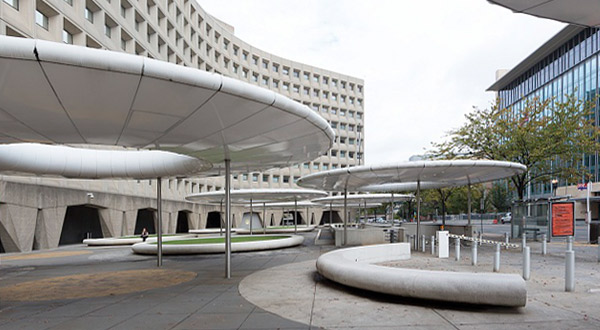November 6, 2019

No matter what stage you are at in the house-hunting process, discrimination has a chilling effect on your efforts to find a home. It does not matter if you are renting or buying, discrimination corrupts every stage of the housing process.
That is one reason we report on Fair Housing cases here; borrowers sometimes don’t fully understand their rights or the fact that in order to prevent future discrimination tomorrow, the victims of today’s Fair Housing Act violations have to report the illegal activity to call it to the attention of HUD.
This is vital in any case; in today’s action, HUD did not get the initial complaint from an outside source (which seems rare for this type of Fair Housing Act issue) but rather from a HUD compliance review via the agency’s Office of Fair Housing and Equal Opportunity.
Recently the Department of Housing and Urban Development announced a $1.5 million dollar settlement between the agency and the Housing Authority of the City of Bridgeport (HACB) which is listed as doing business as (DBA) as Park City Communities in Connecticut.
This Fair Housing Act settlement included allegations “that HACB discriminated against persons with disabilities by failing to provide accessible units and ignoring their requests for reasonable accommodations” according to the press release published on the HUD official site.
Some housing discrimination cases involve a single rental unit and a one-on-one landlord/renter situation. But this case is quite different.
According to the HUD press release, HACB manages more than 2,600 units of public housing. The entity is also responsible for managing nearly three thousand HUD Section 8 Housing Choice Voucher Program. Discrimination in a situation like this is more wide-reaching and has more lasting effects.
What does HUD allege HACB did wrong?
HUD alleged that HACB was in violation of federal disability laws. “HACB failed to process and fulfill requests for accommodations from tenants with disabilities or to provide accessible public housing units for residents with disabilities”.
That is a violation of the Fair Housing Act, which prohibits housing providers at any stage of the housing process (rental or purchase) from denying or limiting housing “because of a person’s disability and from refusing to make reasonable accommodations in policies or practices” according to the HUD official site.
Furthermore, Section 504 of the Rehabilitation Act of 1973 forbids discrimination “in any program or activity receiving federal financial assistance”.
“As a former director of a public housing agency, I know how important it is that public housing agencies provide persons who have disabilities with the type of housing that meets their needs,” said Anna María Farías, HUD’s Assistant Secretary for Fair Housing and Equal Opportunity, who was quoted in the HUD press release.
She adds, “HUD applauds this important settlement and will continue working with the Justice Department to ensure that housing providers are aware of and meet their obligation to comply with the nation’s housing laws.”
If you have experienced any form of discrimination in the housing process or have experienced sexual harassment in the housing process, contact the HUD Office of Equal Opportunity at (800) 669-9777 (Voice) or (800) 927-9275 (TTY). Housing discrimination complaints may also be filed by going to www.hud.gov/fairhousing.

